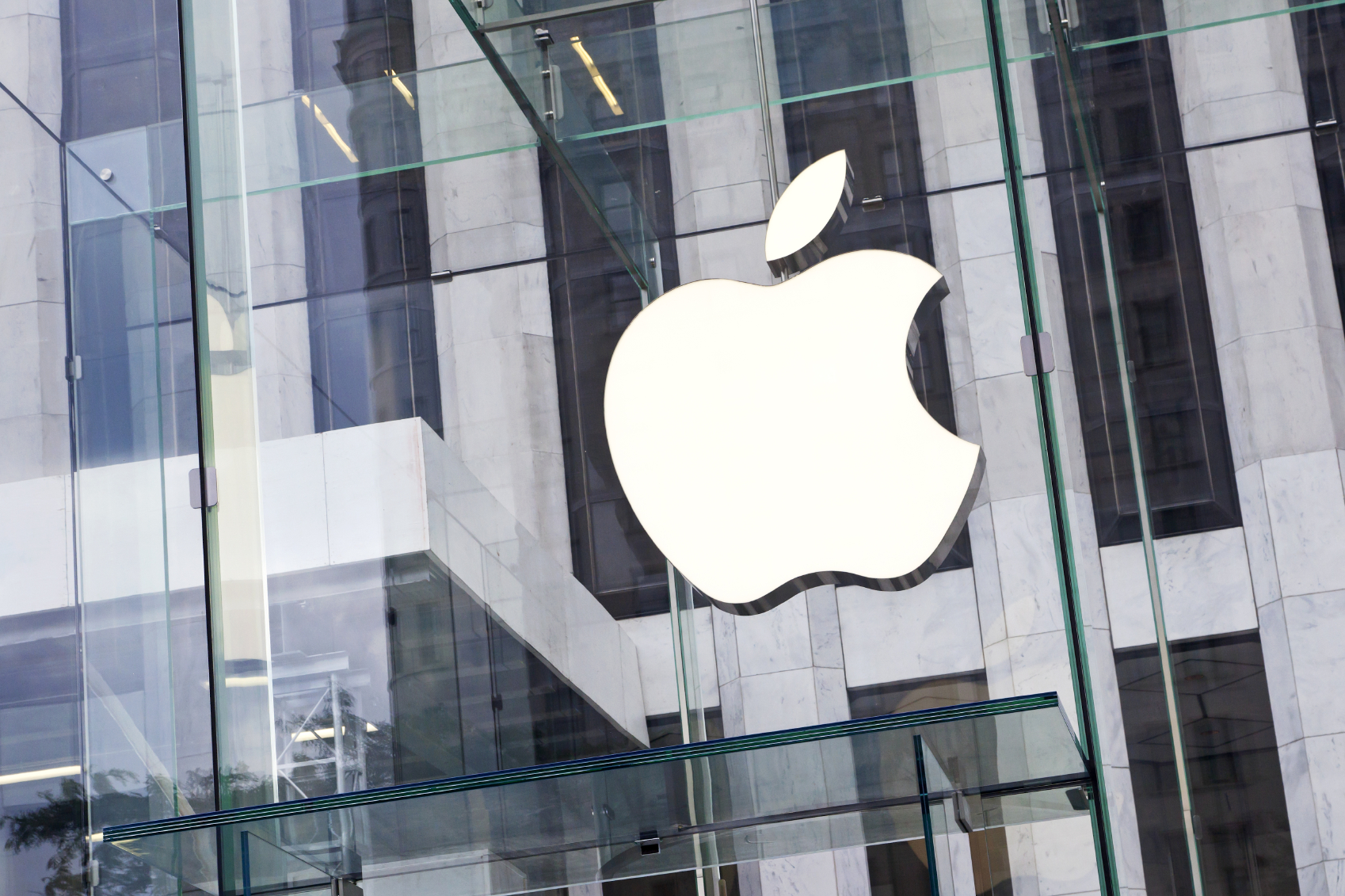Read original article on: 9to5Mac
A new report has surfaced regarding the upcoming iOS 9 ‘Home’ app. Just as Apple used the HealthKit framework to create the Health app as a highlight in iOS 8, HomeKit will rely partly on this new Home app to securely manage a connected home full of accessories and data.
Sources claim that Apple is planning to officially unveil the new Home app alongside iOS 9 at WWDC early next month. The primary functionality includes:
- Utilizing the new Apple TV as a hub to connect all of the HomeKit devices
- Wirelessly discovering and setting up compatible HomeKit devices
- Creating a virtual map of rooms in the home to easily organize and connect devices supporting HomeKit.
- Offering a series of screens to help users find new HomeKit devices and apps.
As an increasing number of devices and home appliances become connected to form the Internet of Things, brands should be aware of the opportunities these emerging media platforms could provide. We are already seeing cable companies enter the smart home space, and as the smart home market starts to take off, we expect to see some more players getting in on the action.

